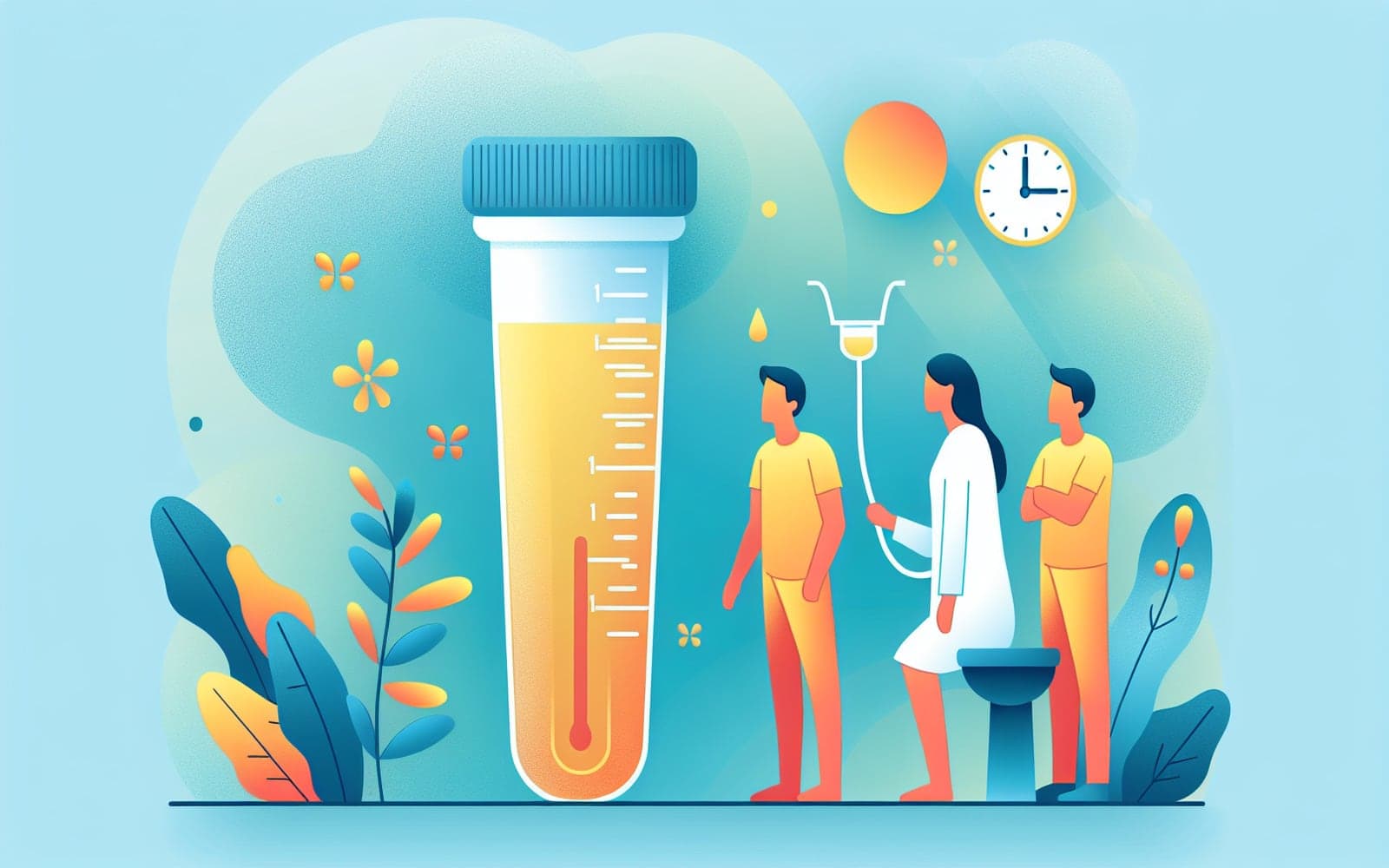How Urine Tests Can Reveal Volume Depletion: What You Need to Know!
Published: Mar 15, 2024
Ever wondered how a simple urine test can reveal so much about your health? Discover the link between urine tests and volume depletion!
Contents
Urine Sodium Concentration
Urine sodium concentration is a key indicator of volume depletion. A low concentration suggests reduced blood flow and fluid loss. This test helps diagnose hypovolemia, especially when symptoms are unclear. By understanding sodium levels, doctors can pinpoint the cause and extent of fluid loss in patients.
Other Urine Tests
In addition to sodium concentration, other urine tests can indicate volume depletion. Urine osmolality measures how concentrated the urine is, which can show how the body is conserving water. A high osmolality often suggests fluid loss, while specific gravity tests can provide additional insights. These tests together give a clearer picture of the body's fluid status.

Challenges in Interpretation
Interpreting urine tests can be challenging due to various influencing factors. High water reabsorption rates or sodium excretion with other anions can alter results. Despite these challenges, urine tests remain crucial in assessing volume status. Understanding these nuances helps healthcare providers make informed decisions.
Frequently Asked Questions
Low urine sodium suggests reduced blood flow and fluid loss.
It shows how concentrated the urine is, indicating fluid conservation.
Water reabsorption and sodium excretion with other anions can affect results.
Key Takeaways
Urine tests are a vital tool in diagnosing and understanding volume depletion.
Get started: Discuss with Doctronic how urine tests can help monitor your health.Related Articles
References
Sherman RA, Eisinger RP. The use (and misuse) of urinary sodium and chloride measurements. JAMA 1982; 247:3121.
Miller TR, et al. Urinary diagnostic indices in acute renal failure: a prospective study. Ann Intern Med 1978; 89:47.
Always discuss health information with your healthcare provider.

